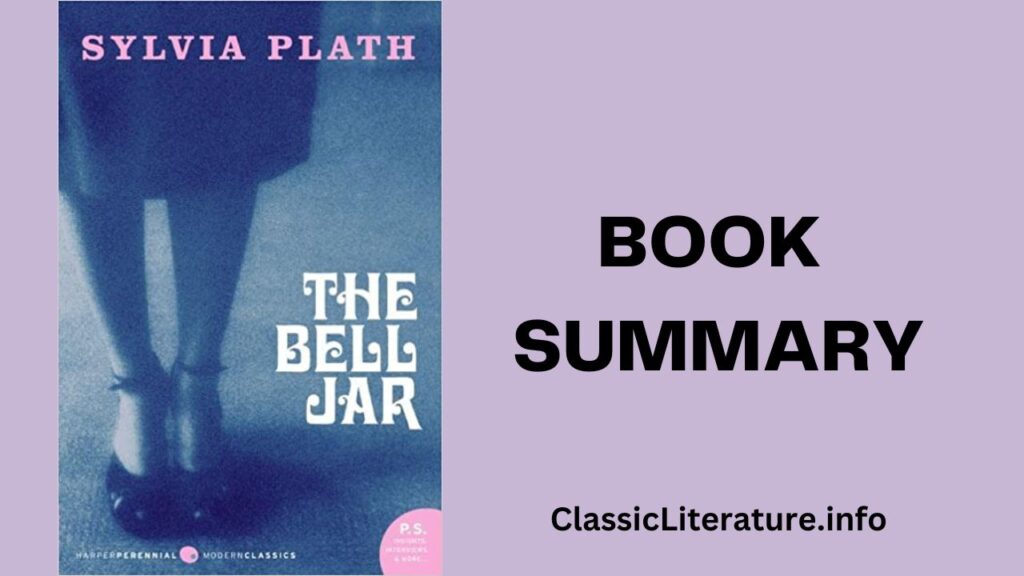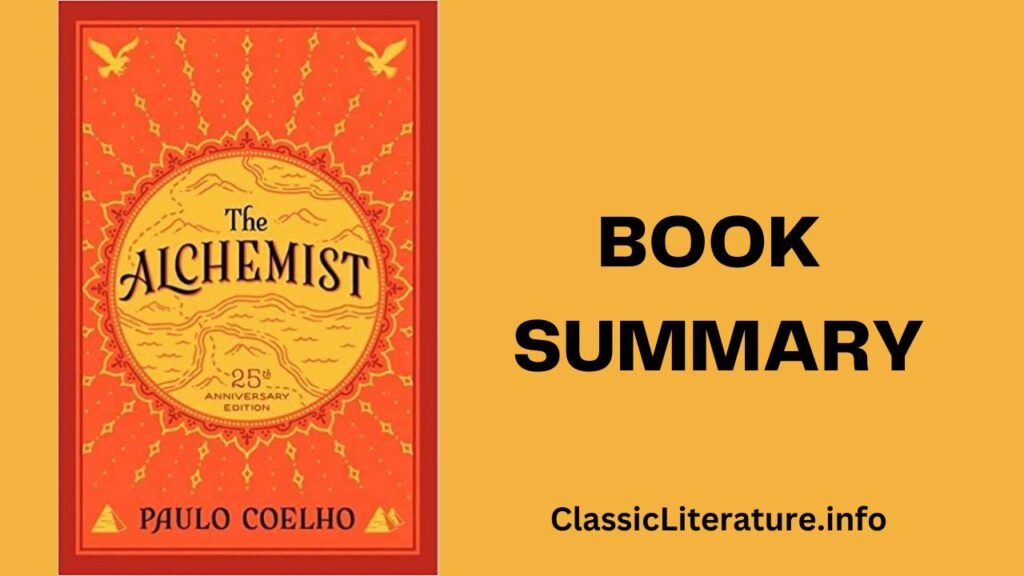
“The Bell Jar” by Sylvia Plath is a semi-autobiographical novel that delves into the inner turmoil and mental breakdown of its protagonist, Esther Greenwood. Set in the 1950s, the book offers a raw and introspective exploration of mental illness, societal expectations, and the search for identity.
The story follows Esther, a talented and ambitious young woman who secures an internship at a prestigious fashion magazine in New York City. Initially filled with excitement and aspirations, Esther soon finds herself overwhelmed by the pressures of society, the competitive environment, and her own internal struggles. As she grapples with the expectations placed upon her as a woman in the 1950s, Esther’s mental state deteriorates, leading her to experience a profound sense of alienation and despair.
Plath artfully portrays Esther’s descent into depression and her struggles with suicidal thoughts, offering a poignant and intimate portrayal of mental illness. Through vivid and evocative language, Plath delves into the complexities of Esther’s mind, capturing the depths of her despair and the gradual unraveling of her sanity. The novel examines themes of identity, gender roles, societal constraints, and the oppressive nature of mental illness.
“The Bell Jar” contains several notable quotes that resonate with readers:
“I took a deep breath and listened to the old bray of my heart: I am, I am, I am.”
This quote captures the essence of Esther’s search for identity and her desire to assert her existence in the face of her struggles.
“I felt very still and very empty, the way the eye of a tornado must feel, moving dully along in the middle of the surrounding hullabaloo.”
Plath’s vivid imagery allows readers to immerse themselves in Esther’s emotional state, conveying the isolating and chaotic nature of her inner turmoil.
“The silence depressed me. It wasn’t the silence of silence. It was my own silence.”
This quote encapsulates the profound loneliness and disconnect Esther experiences, highlighting the internal battles she faces.
Get Paperback or Kindle version of the book <–
“The Bell Jar” is a must-read for those interested in an intimate exploration of mental health, identity, and societal pressures. Plath’s writing style is introspective and poetic, filled with rich imagery and powerful metaphors. Her prose beautifully captures the complexities of human emotions and offers a candid portrayal of mental illness.
Reader Reviews:
- “Sylvia Plath’s ‘The Bell Jar’ is a haunting and deeply affecting novel. The raw honesty with which she depicts Esther’s struggles with mental illness is both heartbreaking and eye-opening. Plath’s writing style is mesmerizing, drawing readers into Esther’s world and making her pain and confusion palpable. It’s a book that stays with you long after you’ve turned the last page.”
- “I found ‘The Bell Jar’ to be a powerful and relatable account of the pressures society places on women and the toll it can take on one’s mental health. Plath’s writing is exquisite, and her portrayal of Esther’s descent into darkness is both harrowing and enlightening. It’s a book that sheds light on important issues and prompts reflection on the complexities of the human experience.”
- “While ‘The Bell Jar’ tackles difficult subject matter, it is a compelling and necessary read. Plath’s ability to articulate the intricacies of mental illness is remarkable, and her descriptions resonate deeply. It’s a book that sparks empathy and understanding, offering a glimpse into the inner struggles many face. However, some readers may find it emotionally challenging, so it’s important to approach it with caution.”
In conclusion, “The Bell Jar” by Sylvia Plath is a remarkable novel that delves into the depths of the human psyche and addresses themes of mental health, identity, and societal pressures. Its evocative writing style, combined with its honest and introspective portrayal of mental illness, makes it a must-read for those seeking a profound and thought-provoking literary experience.
About the author
Sylvia Plath (1932-1963) was an American poet, novelist, and short-story writer. Known for her confessional and deeply personal writing, Plath’s work explores themes of mental illness, feminism, and the human experience. Plath’s life was tragically cut short when she died by suicide at the age of 30, shortly after the publication of “The Bell Jar.” Despite her short career, Plath’s impact on literature and her honest portrayal of personal struggles continue to resonate with readers around the world. Her work remains highly regarded and influential, solidifying her status as one of the most significant writers of the 20th century.





